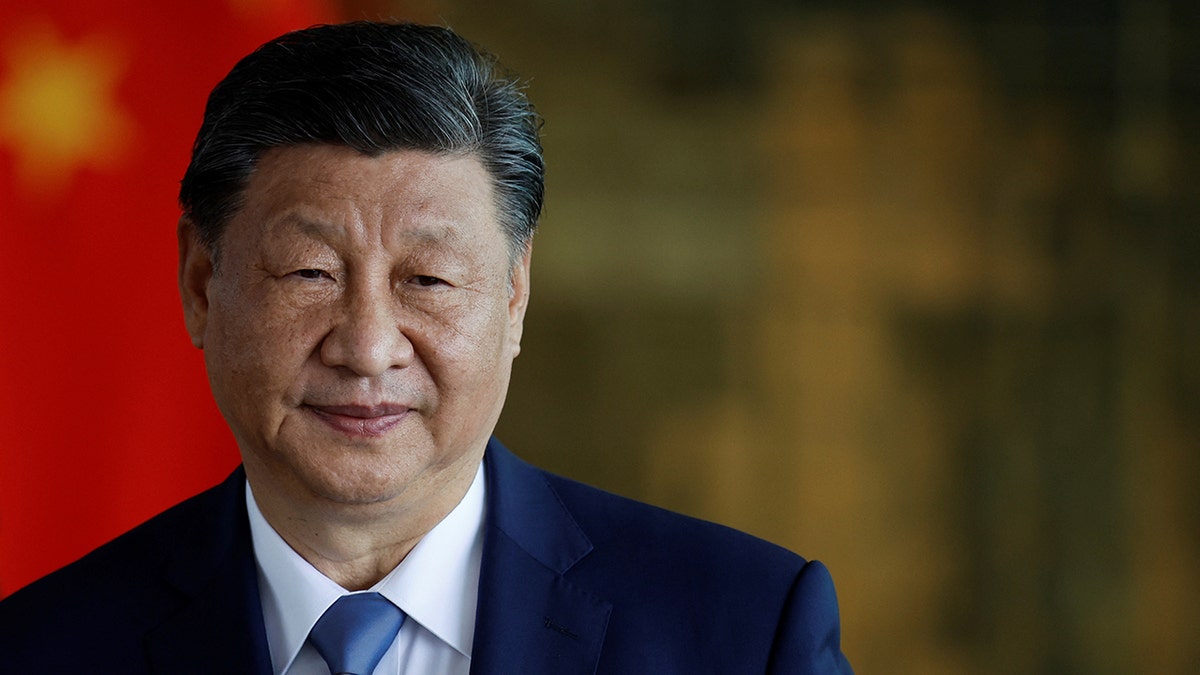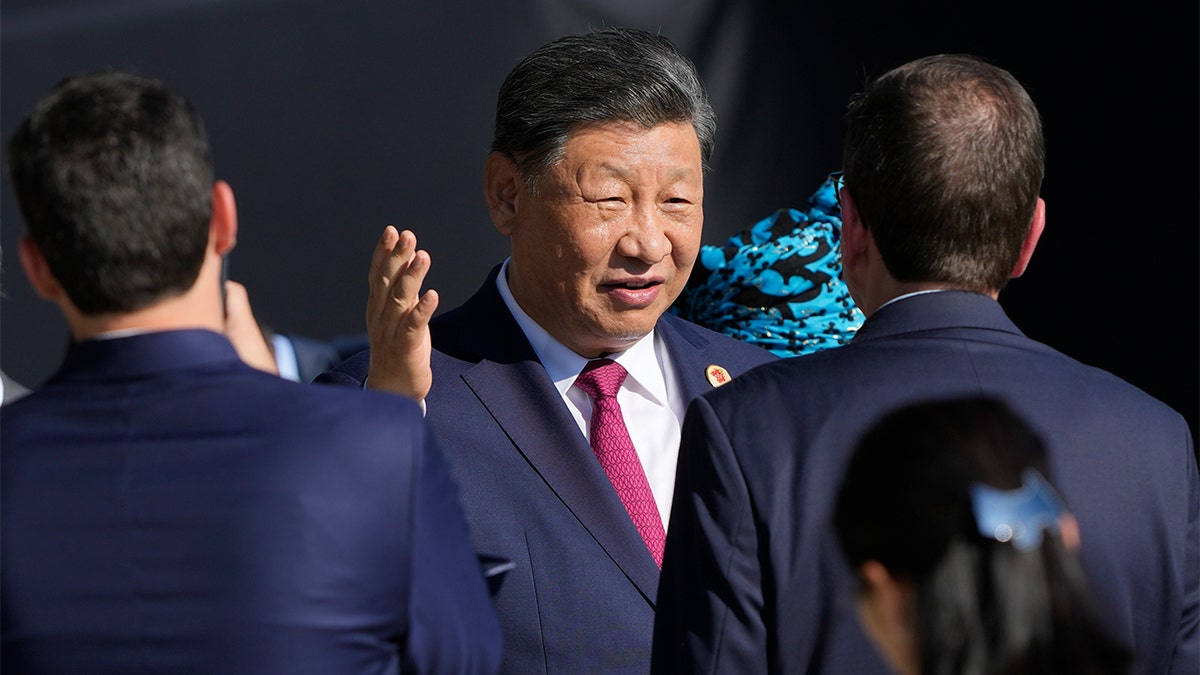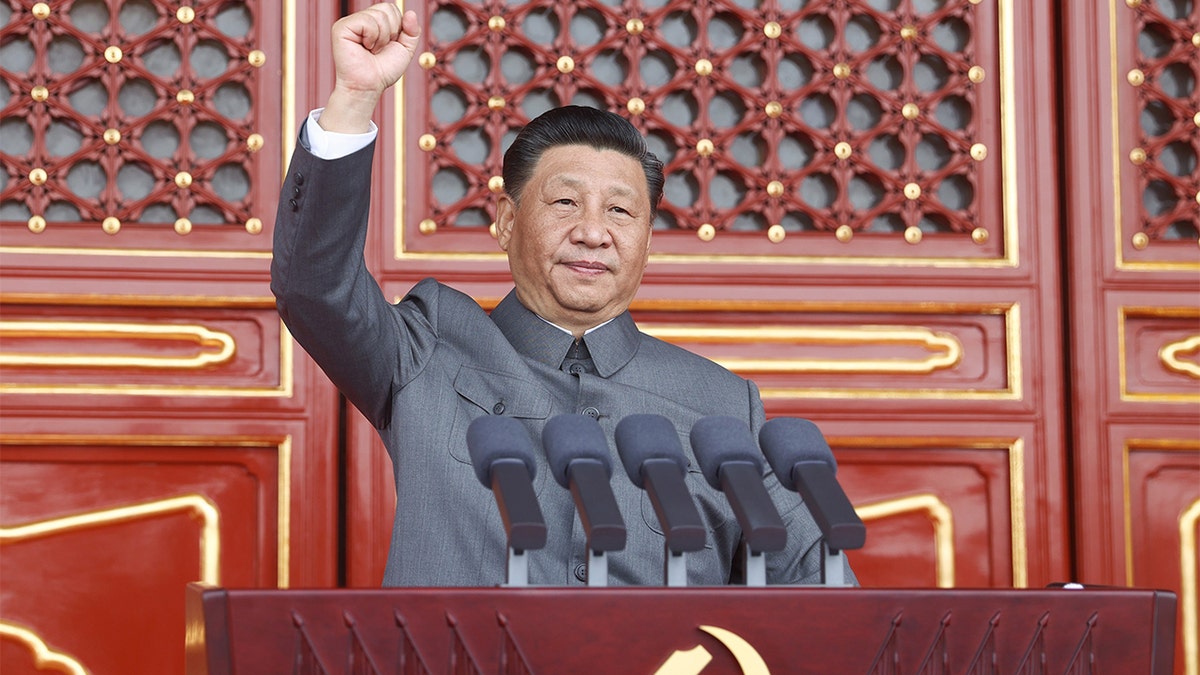A recent report by the American Edge Project raises serious concerns about China's rapid advancements in open-source artificial intelligence (AI) and the potential risks it poses to U.S. national and economic security. The report argues that China is leveraging its open-source AI ecosystem as a strategic tool to disseminate its values and influence global infrastructure, potentially undermining democratic norms and challenging American leadership.
The report highlights how Chinese-developed open-source AI tools are already outperforming Western counterparts in key benchmarks, often at significantly lower costs. This competitive edge is accelerating global adoption, particularly through initiatives like the Belt and Road Initiative (BRI) and the Digital Silk Road (DSR), which extend China's technological reach across numerous countries.
Furthermore, the report details how Chinese AI models are programmed to censor information that portrays China negatively, including historical events, human rights abuses, and criticism of political leaders. This raises concerns about the potential for manipulation and control of information on a global scale.

China's ambitious $1.4 trillion plan to achieve global technological dominance by 2030, with open-source systems at its core, is also highlighted. While many Western companies prioritize paid, proprietary AI models, China's strategy focuses on promoting free and low-cost alternatives to encourage widespread adoption and embed its systems and standards within critical global infrastructure.
The report criticizes the U.S. focus on AI regulation while China actively deploys its AI systems globally. This approach, reminiscent of China's successful 5G strategy with Huawei, raises concerns about the potential for China to gain a significant market share before Western nations can effectively respond.

The report contrasts the responses of Chinese and U.S. AI models and offers policy recommendations for the U.S. to maintain its leadership in AI. These recommendations emphasize seizing the opportunity to secure lasting American AI leadership while avoiding restrictive measures that could hinder innovation. Doug Kelly, CEO of the American Edge Project, stresses the importance of preventing authoritarian Chinese systems from shaping the future of AI.
The report concludes by emphasizing the profound implications of Chinese dominance in global AI development, warning of a potential future where Beijing-built AI ecosystems undermine international agreements and pose a significant threat to the U.S. and the world.








